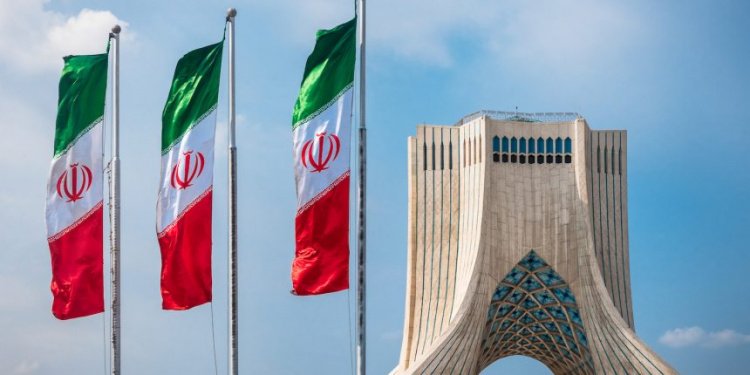Iran: Cryptocurrencies Will Not Be Recognized As Legal Tender

A new law has been issued by the Iranian government on August 4th that does not recognize cryptocurrencies as legal tender when it comes to payments or trading.
The central bank also added that they will not categorize cryptocurrency transactions and trades as something accepted by the local law, and therefore will take prompt action if they notice such activities.
Furthermore, the central bank denies guaranteeing the value of cryptocurrencies, and therefore will not partake in any financial disputes between individuals or companies should some financial misconduct occur.
What about the miners?
Although such an announcement was expected from Iran’s government as they have always been aversive towards cryptocurrencies, several investors were still taken aback as they thought the legalization of crypto mining in the country was a step towards trading legalization as well.
However, one key point in that belief that it was a “step” towards legalization of crypto trading, nobody mentioned that it was the final “step”. Many are now thinking how exactly crypto mining firms will be able to generate profits from their operations as their assets will be very hard to liquidate for cash and the application of crypto payments is quite limited.
The continuation of restrictions
It’s expected that the restriction on cryptocurrencies will continue in order to somehow retain all of the gained capital from crypto mining within the country. Iran is incentivizing these miners by offering them a release or a “discount” on corporate taxes if they bring the gained profits from their crypto exports back into the Iranian economy.
As of now, Iran was starting to brand itself as a safe haven for crypto mining operations, but seeing just how restricted the industry actually is, all of the new legislative initiatives can end up being wasted.
Not being able to import mining hardware from abroad is simply begging local producers to ramp up prices so high that it jeopardizes the miners’ profit margins. For example, if a single Bitcoin miner costs $1,100 abroad, local producers can sell them for up to 200% the price, simply because miners will not have any other option.
Due to such restrictions, Venezuela still remains as the cheapest country to mine Bitcoin in, where it costs only $1500-$1700 in terms of electricity payments, but judging by the fact that electricity is the main cost of mining cryptos, it’s expected that other operational costs don’t contribute too much to the overall profit margin of the company.
Image by Coindesk